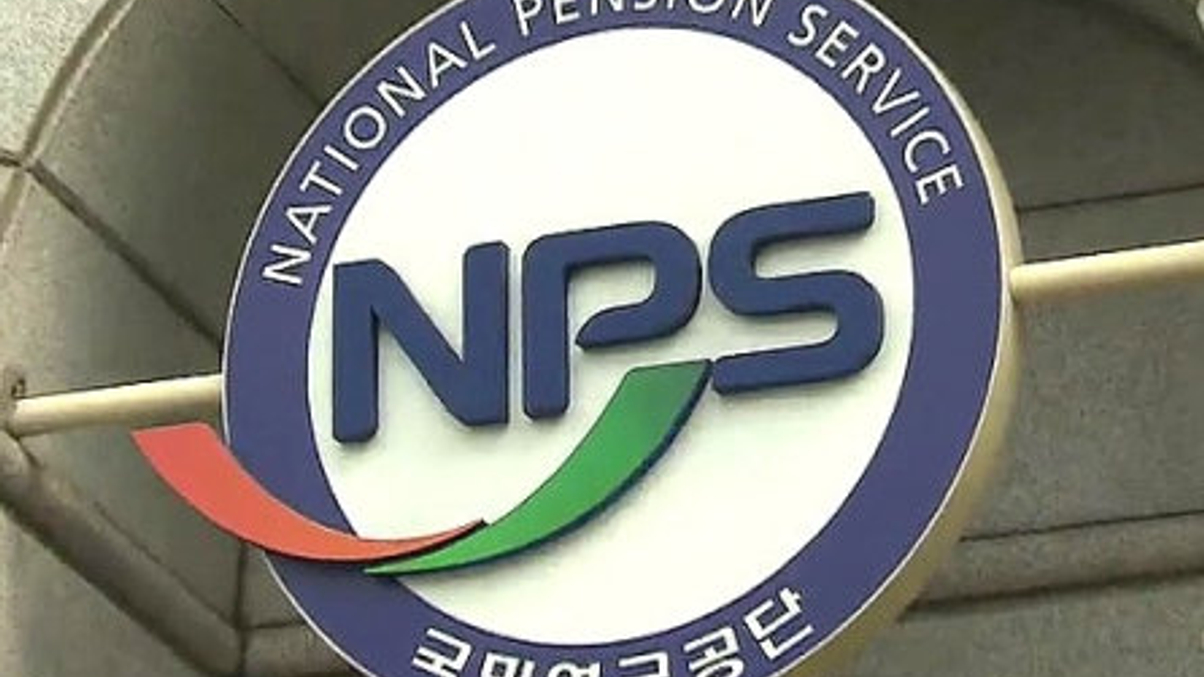NPS picks BlackRock, Grosvenor for first hedge fund portfolio
Korea's flagship state retirement fund has chosen the two asset managers to run a fund-of-hedge-funds mandate of up to $1 billion, which is expected to rise to $2 billion over time.

Korea’s National Pension Service has chosen BlackRock and GCM Grosvenor Capital Management to manage a W1.2 trillion fund-of-hedge-funds portfolio, its first such mandate.
Sign in to read on!
Registered users get 2 free articles in 30 days.
Subscribers have full unlimited access to AsianInvestor
Not signed up? New users get 2 free articles per month, plus a 7-day unlimited free trial.
¬ Haymarket Media Limited. All rights reserved.


